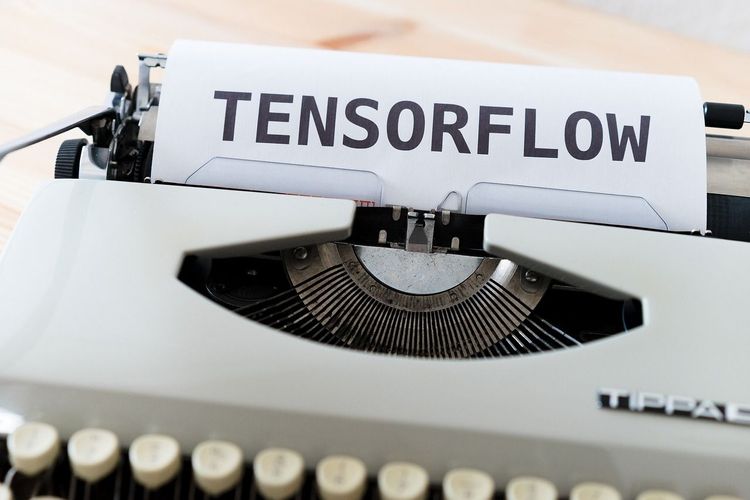The U.K. Competition and Markets Authority (CMA) is initiating preliminary investigations into the partnerships and hiring practices involving Microsoft, Amazon, and several AI startups to determine if they fall under its merger regulations and could potentially impact competition within the U.K. market.
This move comes as scrutiny of Big Tech's mergers and acquisitions (M&A) strategies in the AI sector intensifies. Critics contend that these so-called “quasi-mergers” are increasingly used to evade regulatory oversight. Earlier this year, the Federal Trade Commission (FTC) also began inquiries into the investments made by Alphabet, Amazon, and Microsoft in various emerging AI companies, assessing whether such alliances could distort innovation and compromise fair competition.
At the same time, regulations regarding “foundational models” — also known as “foundation” or “frontier” models — have gained attention in Europe and beyond. Foundation models serve as the underlying architecture for creating other AI systems and are capable of performing a wide range of tasks.
Joel Bamford, the CMA’s executive director of mergers, announced that the authority is actively seeking feedback from stakeholders as part of its evidence-gathering process. The CMA aims to evaluate whether these partnerships resemble mergers from a regulatory perspective and how they might affect competition in the rapidly advancing U.K. AI landscape.
“Foundation models hold the potential to profoundly influence our daily lives and work across various sectors in the U.K., including healthcare, energy, transportation, and finance,” Bamford stated. “Therefore, ensuring open, fair, and effective competition in these foundational model markets is essential for maximizing the benefits of this technological transformation for individuals and businesses alike, ultimately contributing to the broader U.K. economy.”
Historically, the U.K. has expressed concerns about partnerships between major players in the foundational model space that may enable incumbent technology firms to shield themselves from competition. While straightforward acquisitions invite significant regulatory scrutiny, collaborations, investments, and “acqui-hires” could circumvent such oversight.
Last year, Microsoft’s investment and strategic partnership with OpenAI, the creator of ChatGPT, came under the CMA’s examination, prompting a formal “invitation to comment” directed towards relevant AI and business stakeholders. The European Commission (EC) launched a parallel investigation in January.
Since then, Microsoft has made headlines by hiring key personnel from Inflection AI, a rival to OpenAI that the tech giant had previously invested in. Earlier this month, Microsoft also unveiled a new AI hub in London, led by former Inflection and DeepMind scientist, Jordan Hoffmann. Additionally, Microsoft has invested in Mistral AI, a French AI startup recognized as a double unicorn, focused on developing foundational models.
A Microsoft spokesperson stated that the company is committed to providing all necessary information to the CMA to expedite its inquiries.
“We believe that standard business practices, such as talent acquisition and minority investments in AI startups, foster competition and should not be equated with a merger,” the spokesperson said.
Amazon, meanwhile, recently finalized a $4 billion investment in Anthropic, another U.S.-based AI enterprise focused on large language models. An Amazon representative characterized the CMA’s review of such collaborations as “unprecedented,” noting that its relationship with Anthropic does not include board representation or observer status, unlike Microsoft’s arrangement with OpenAI, which provided the tech giant with a non-voting observer role last year. The spokesperson emphasized that Amazon is not limiting Anthropic’s ability to deploy models across various cloud platforms.
“By investing in Anthropic, which recently released its new industry-leading Claude 3 models, we are enhancing competition in the generative AI market,” the spokesperson remarked. “Customers are particularly excited about the opportunities this partnership presents. We trust the facts will affirm our position, and we hope for a swift resolution from the CMA.”
The CMA’s initial invitation for stakeholder comments is open until May 9, marking a “pre-notification” phase. This can lead to a formal “phase 1” review, which will directly involve Microsoft and Amazon. Should this phase proceed, it will be concluded within 40 days, during which the CMA will determine if the partnerships qualify as a “relevant merger.”







